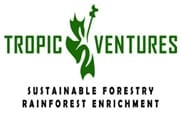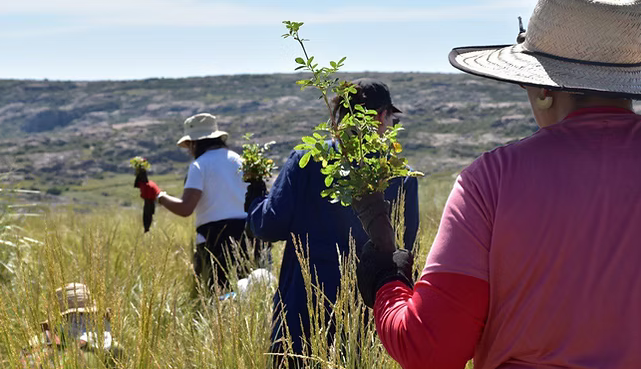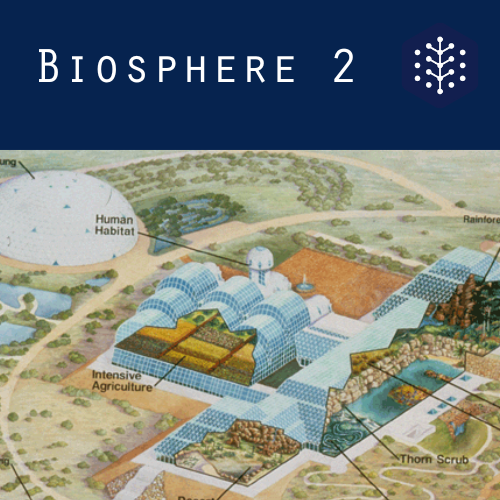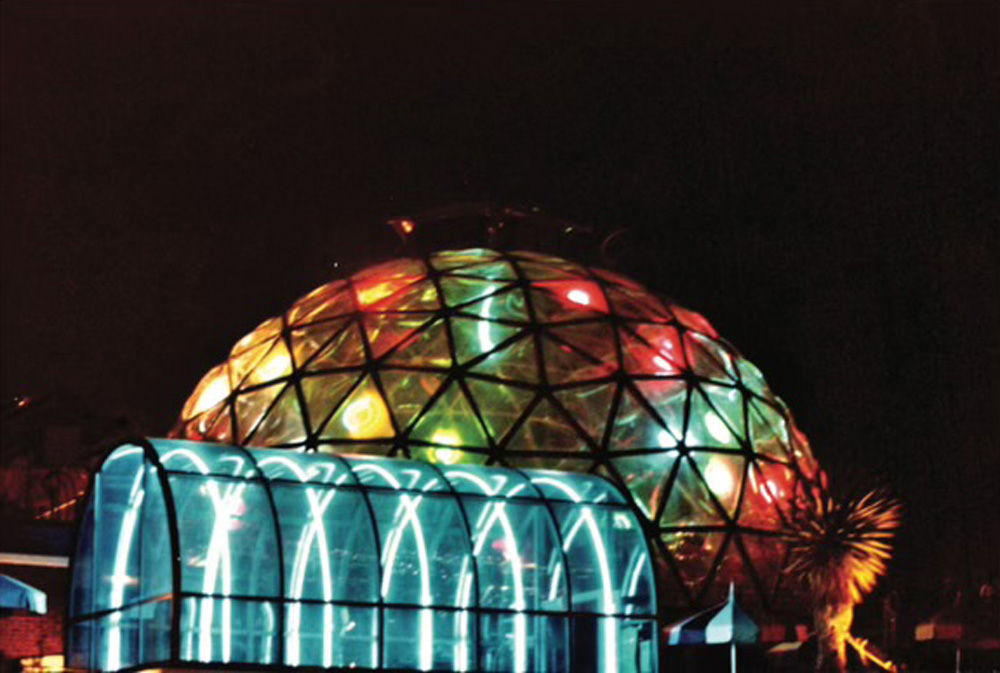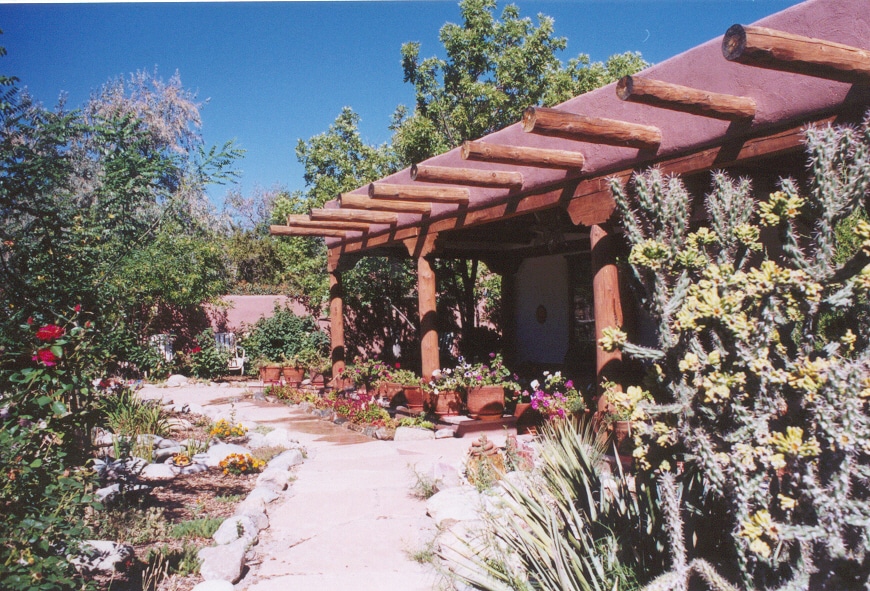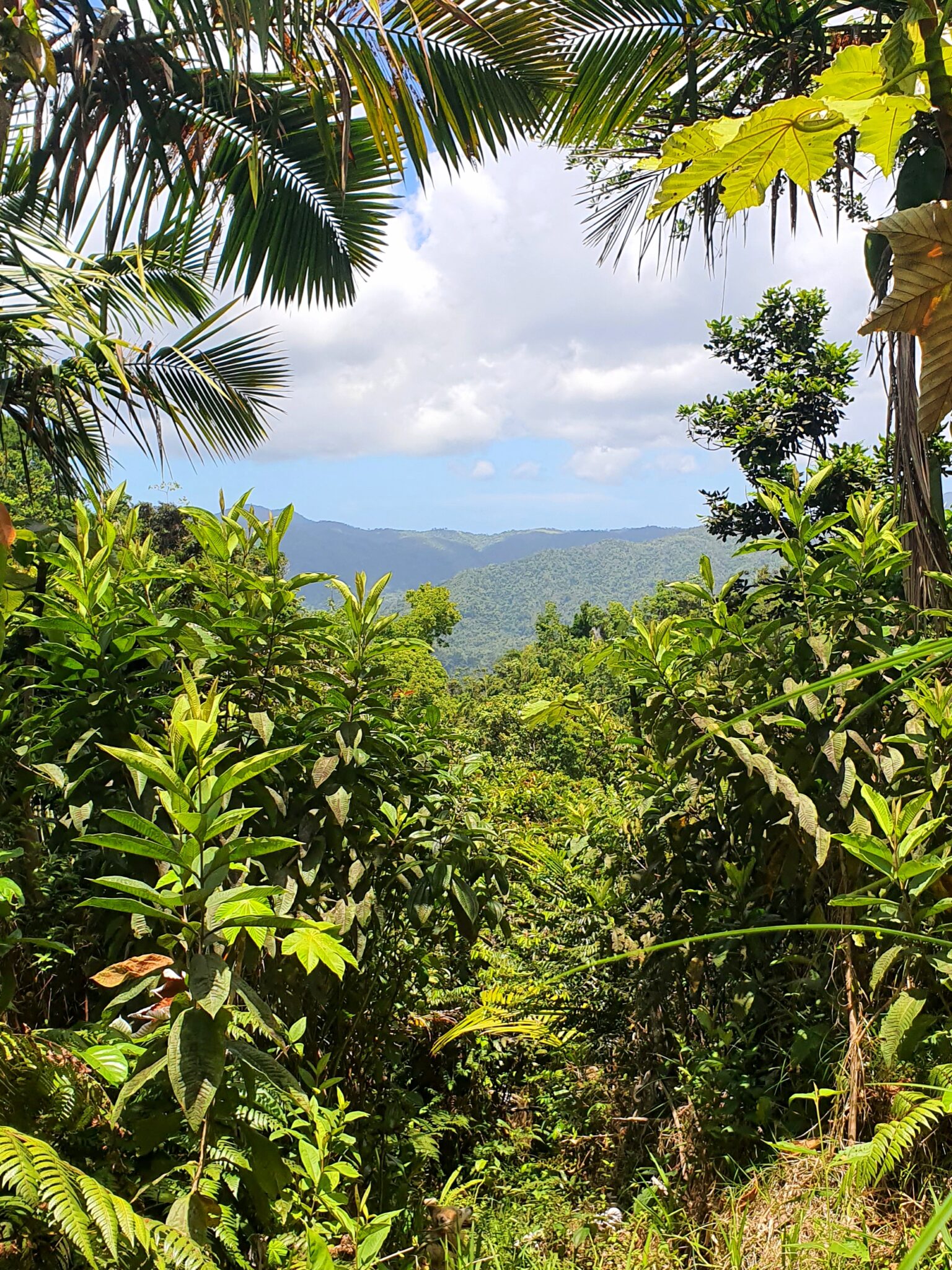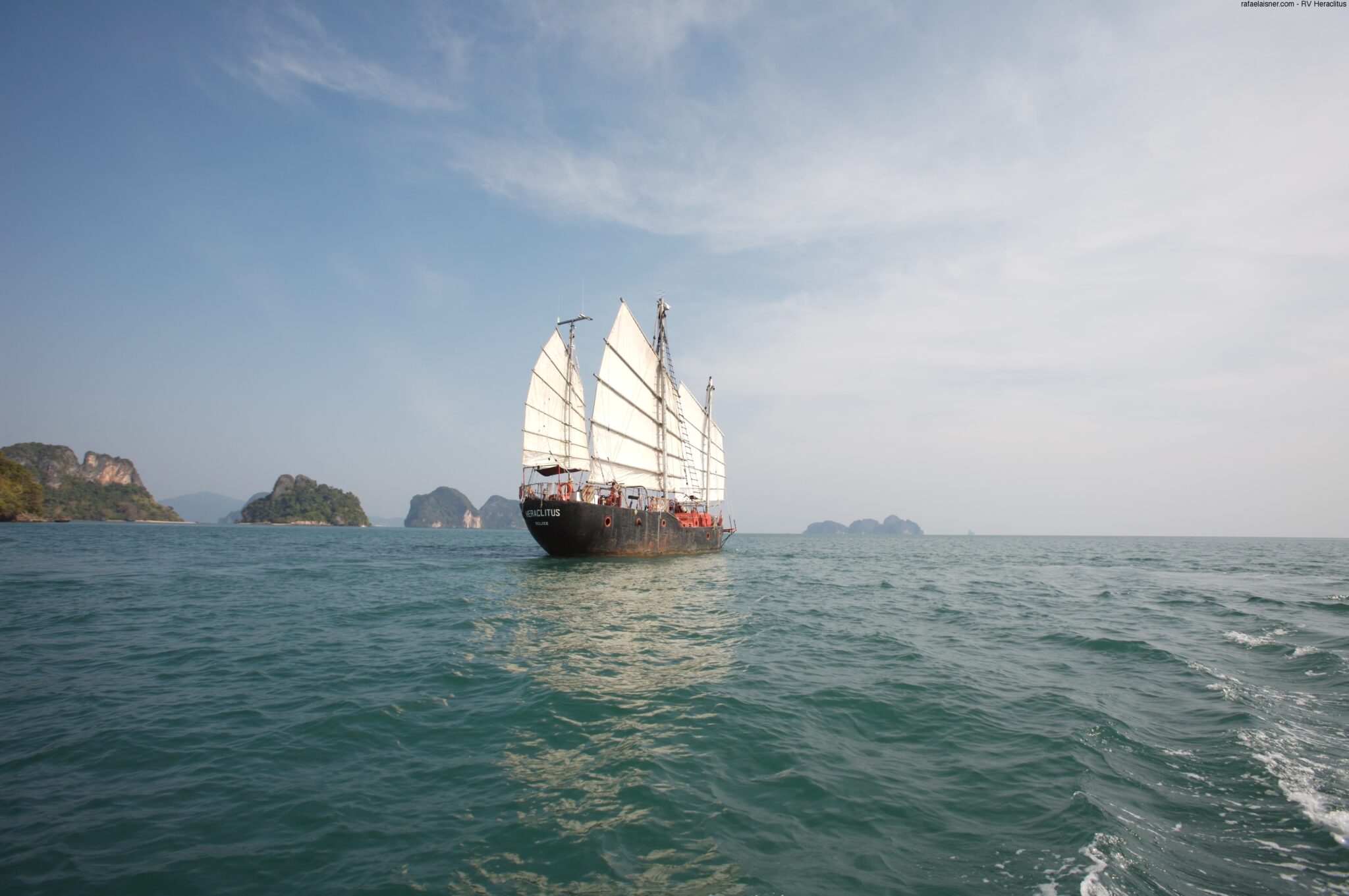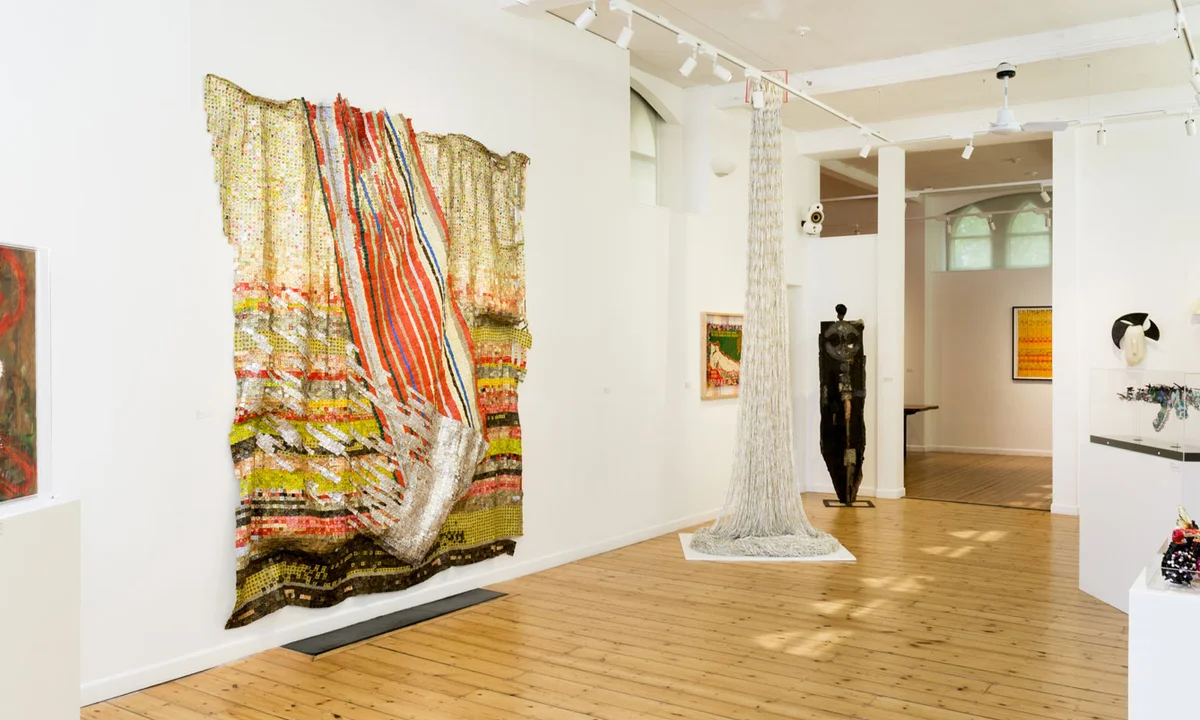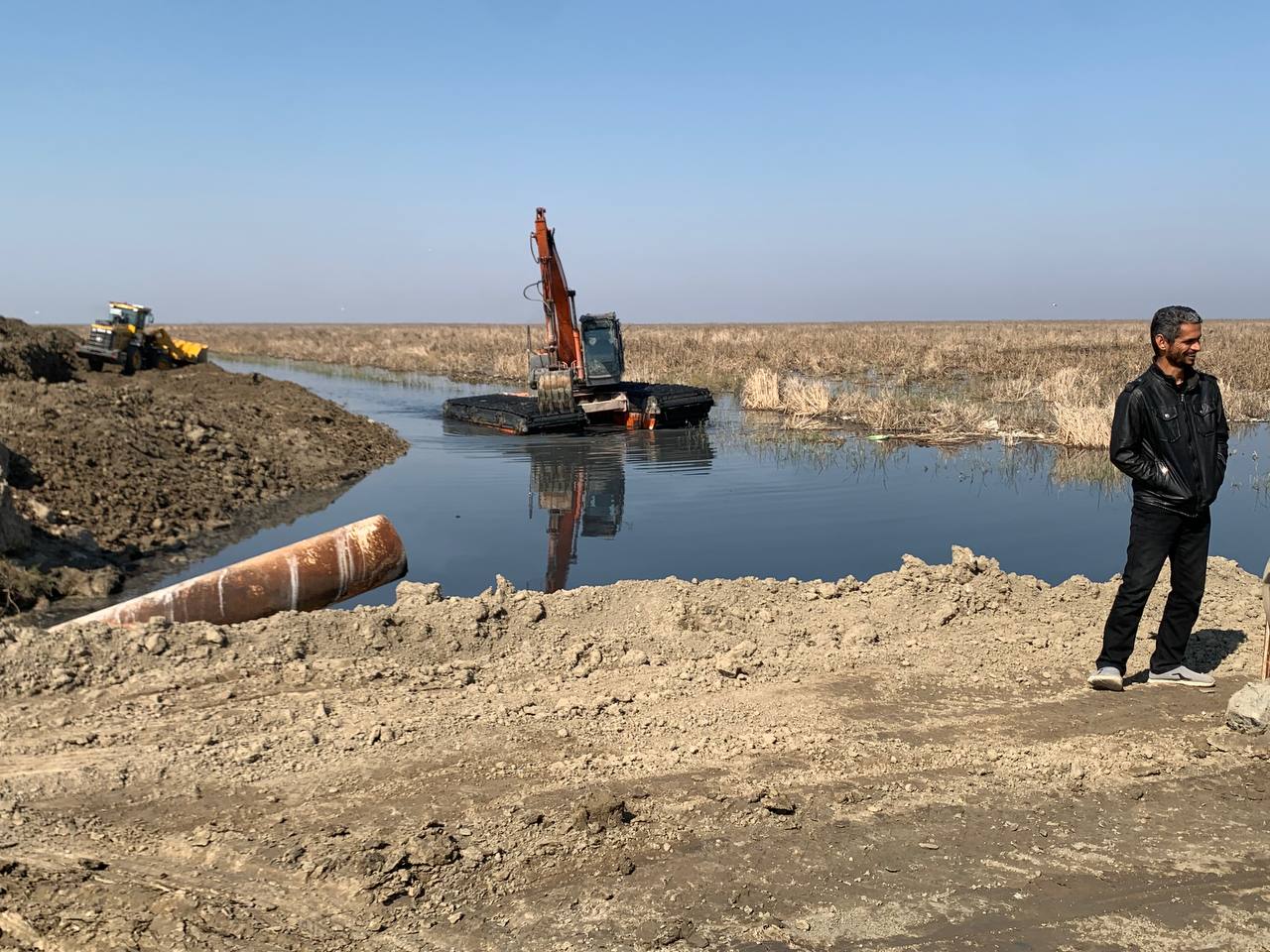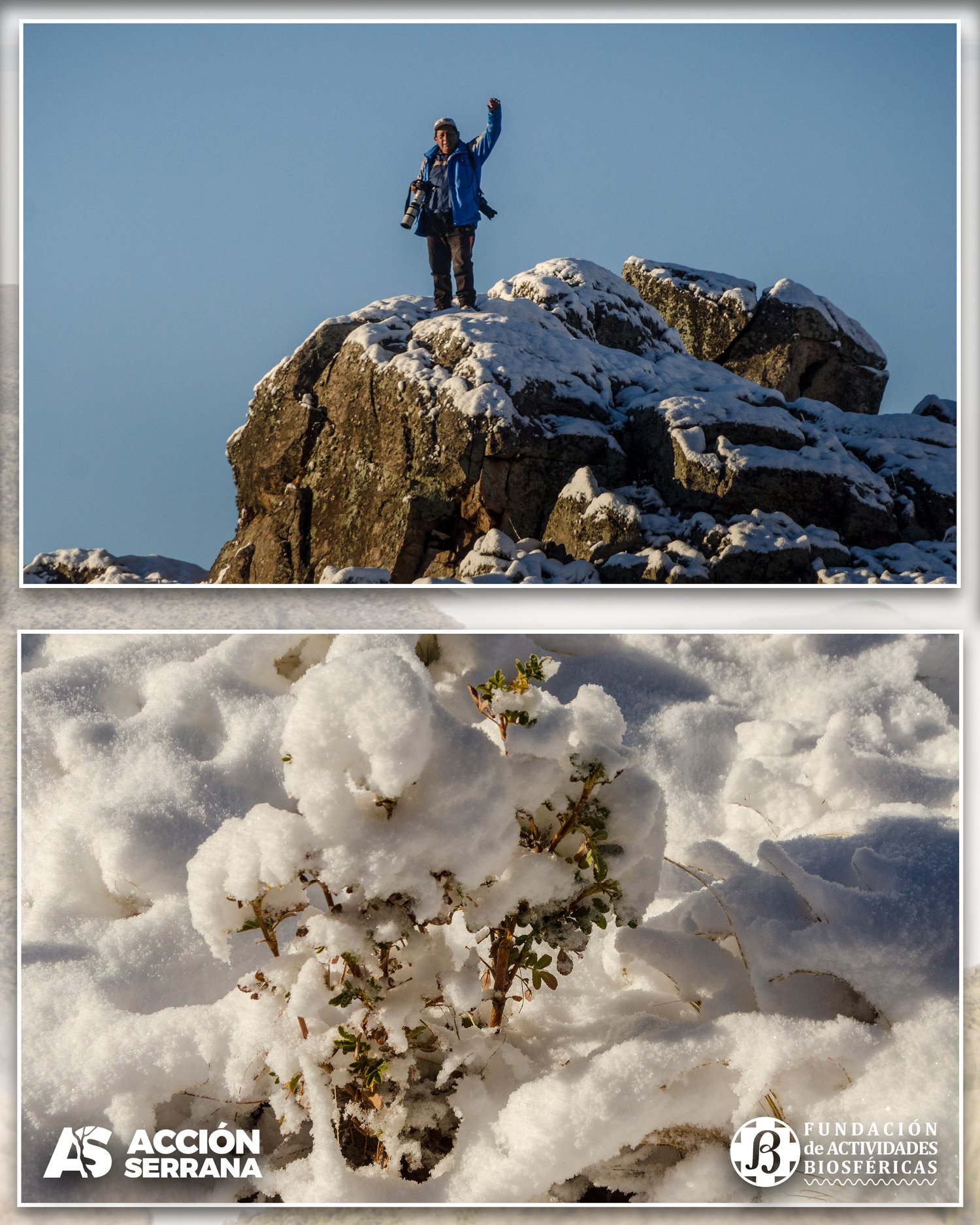developing technologies in harmony with ecology since 1973
the institute of ecotechnics has been a platform of
innovative exploration for 50 years.
Our mission is rooted in the ecology, arts, and enterprise which can be seen through our direct initiatives, allies, and fiscal sponsors.
the institute of ecotechnics has been a platform of innovative exploration for 50 years.
Our mission is rooted in the ecology, arts, and enterprise which can be seen through our direct initiatives, allies, and fiscal sponsors.
Land Regeneration (Acres)
808080,000
Trees Planted
808080,000
Citizen Scientists
80808080
Countries Impacted
808080
view our projects around the globe
our sponsors


